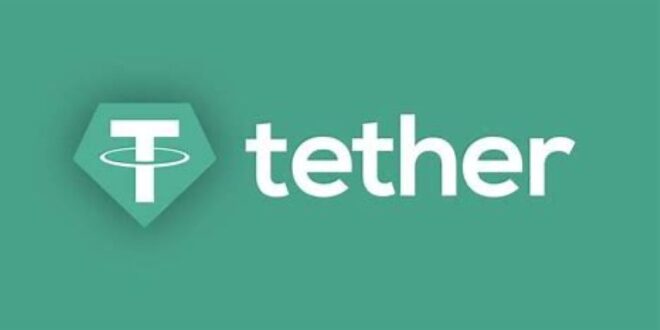In a groundbreaking move, Tether, the issuer of the world’s most widely used stablecoin, has officially relocated its operations to El Salvador. This decision follows Tether’s recent acquisition of an operating license under the Central American country’s digital asset regulations, solidifying its position as a major player in the global cryptocurrency landscape.
Why El Salvador?
El Salvador has emerged as a hub for cryptocurrency innovation, becoming the first country to adopt Bitcoin as legal tender in 2021. The nation has since established itself as a pro-crypto jurisdiction with progressive regulatory frameworks designed to attract blockchain companies and fintech innovators.
For Tether, relocating to El Salvador aligns with its mission to foster financial inclusion and embrace regions that actively support digital assets. By securing an operating license under El Salvador’s Bitcoin Law and Digital Asset Issuance Law, Tether gains a stable regulatory environment to expand its operations and services.
Tether’s New Role in El Salvador
As part of its relocation, Tether plans to:
- Enhance Financial Inclusion: Partner with local businesses and governments to increase access to stablecoins, offering a reliable alternative to volatile national currencies.
- Promote Crypto Adoption: Work closely with stakeholders to drive education and adoption of cryptocurrencies in everyday transactions.
- Support Innovation: Collaborate with startups and fintech companies to create innovative solutions leveraging blockchain technology.
Paolo Ardoino, CTO of Tether, expressed excitement about the move, stating, “El Salvador’s leadership in cryptocurrency adoption makes it the perfect home for Tether’s next chapter. We are committed to supporting the country’s vision for financial inclusion and economic growth.”
What This Means for El Salvador
Tether’s relocation is a significant win for El Salvador. The presence of a major stablecoin issuer is expected to:
- Boost Economic Activity: The integration of stablecoins could facilitate remittances, streamline payments, and enhance financial services.
- Attract Global Attention: Tether’s move could encourage other cryptocurrency companies to consider El Salvador as a viable base of operations.
- Strengthen Crypto Ecosystem: Collaboration with Tether may accelerate the development of blockchain infrastructure and talent in the region.
While the relocation is promising, challenges remain. Tether continues to face scrutiny over its reserves and transparency, which could attract further regulatory attention. Additionally, the success of its operations in El Salvador will depend on user adoption and the ability to address local economic challenges effectively.
Tether’s move to El Salvador marks a significant milestone for both the company and the country. By establishing its base in the world’s first Bitcoin-friendly nation, Tether is poised to play a pivotal role in shaping the future of digital finance. As El Salvador continues to embrace cryptocurrency innovation, this partnership could serve as a model for other nations seeking to integrate blockchain technology into their economies.
 Business Sandesh Indian Newspaper | Articles | Opinion Pieces | Research Studies | Findings & News | Sandesh News
Business Sandesh Indian Newspaper | Articles | Opinion Pieces | Research Studies | Findings & News | Sandesh News



